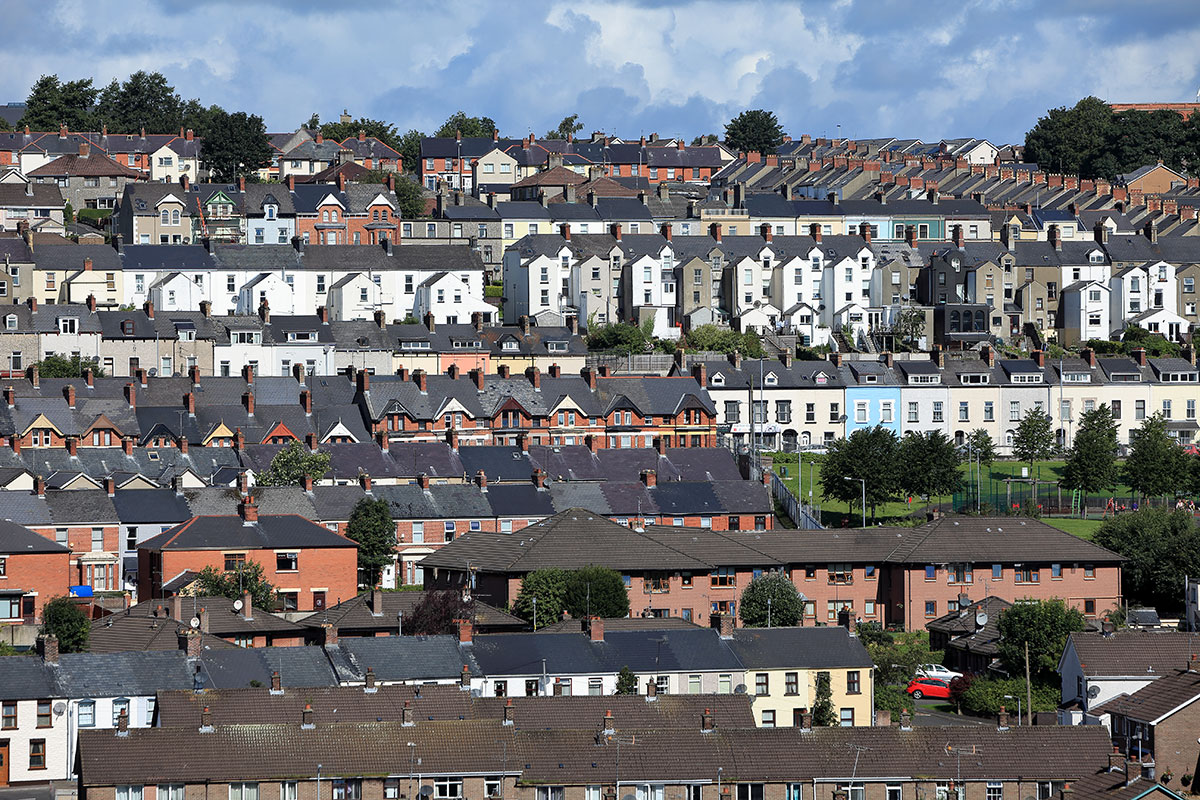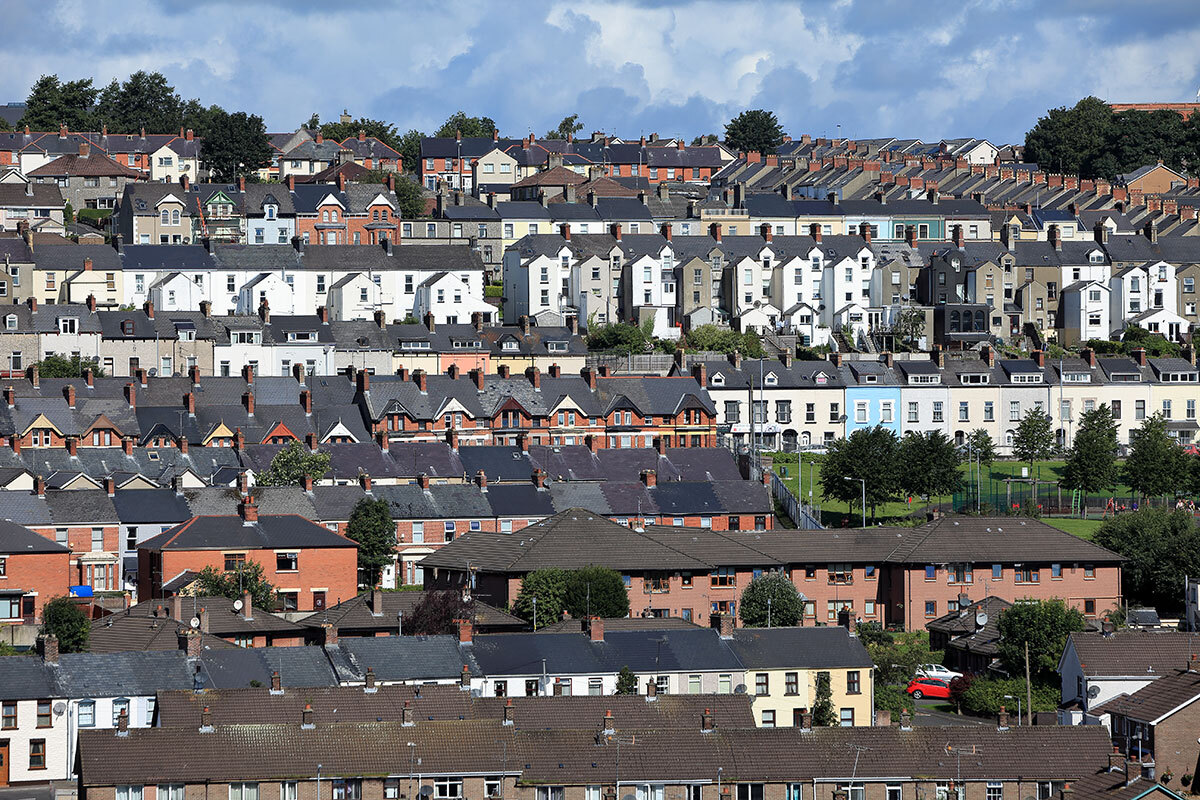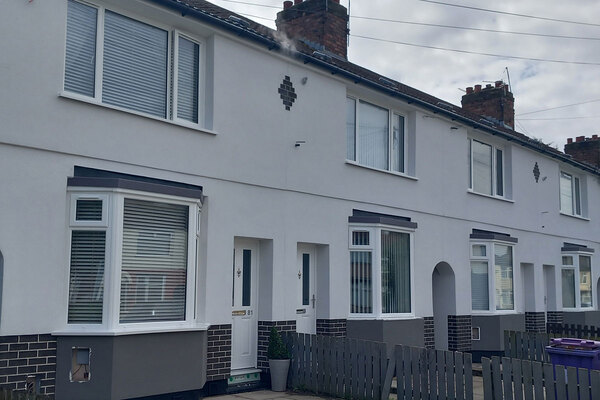NIHE aims to reduce carbon emissions by 89,000 tonnes by 2030
The Northern Ireland Housing Executive (NIHE) plans to reduce its carbon emissions by 89,000 tonnes by 2030, according to its new Corporate Sustainable Development Strategy and Action Plan.
The NIHE plans to reduce its CO2 emissions by 6% (25,000 tonnes) by 2026, aiming for a 23% (89,000 tonnes) reduction by 2030-31, in a bid to reach its long-term goal of net zero.
According to the strategy, to achieve net zero by 2050, the 84,000-home landlord needs to reduce, remove and offset at least 387,144 tonnes of CO2.
It also aims to get all of its homes up to Energy Performance Certificate (EPC) Band C by 2030, in line with the UK government’s target for social housing.
A framework for helping tackle the climate emergency, the strategy outlined the NIHE’s environmental and housing commitments over the next five years.
Key strategic actions in the plan include improving the organisation’s built environment, supporting biodiversity, assisting sustainable communities, and promoting sustainable transport.
The strategy will be updated every five years.
Grainia Long, chief executive of the NIHE, said: “Alarm bells about climate change and soaring wholesale energy prices have brought the urgency of the climate and energy crisis into sharp focus.
“Our housing sector faces a huge challenge.”
She added that Northern Ireland has reduced greenhouse gas emissions by 24% since 1990, but “much more needs to be done”.
“In this strategy we have put sustainability at our core, meaning we want to transform everything we do with an intent and urgency on the need to decarbonise our stock, improve energy efficiency, support the building of low-carbon homes and decarbonise our fleet,” Ms Long explained.
She said funding is “urgently required” across all sectors.
Ms Long added: “At the core of the programmes is a range of innovative technologies to address the impact of climate change and improve sustainability.
“Taking a fabric-first approach to the decarbonisation of homes, and delivering at scale in this decade, presents a once in a generation opportunity to improve housing standards, reduce energy costs of households and create jobs.
“However, achieving our ambitions will require very significant investment in energy-efficiency measures, the funding for which will not be available under our current funding regime.”
As a result, the 2030-31 target for NIHE housing stock will be reviewed “as the issues of funding, technology and sector capacity become more clear” towards the end of the initial five-year action plan period.
Sign up for our Northern Ireland bulletin
Already have an account? Click here to manage your newsletters






